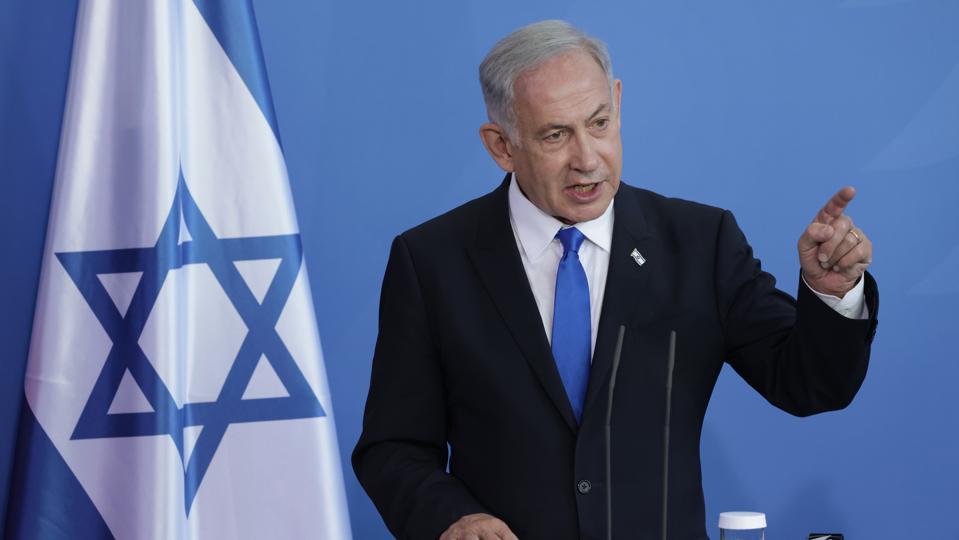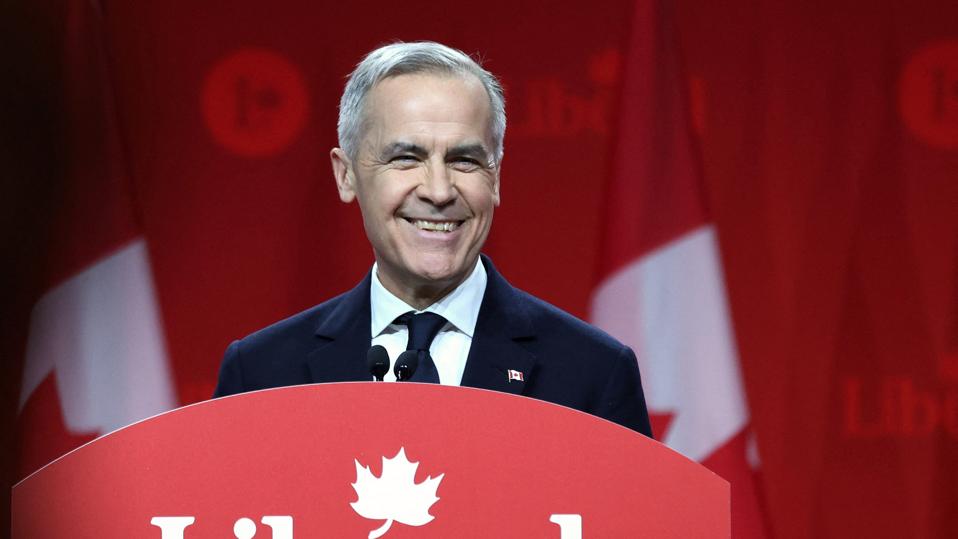Israeli President Benjamin Netanyahu said Tuesday he will recommend the Israeli cabinet approve a ceasefire agreement with Lebanon-based Hezbollah—marking the potential for an agreement that will put an end to more than a year of fighting between the two countries, but that is unlikely to impact Israel’s ongoing war with Hamas.

Israeli Prime Minister Benjamin Netanyahu and German Chancellor Olaf Scholz (not pictured) speak to the media following talks at the Chancellery on March 16, 2023 in Berlin, Germany.
Getty Images
Key Takeaways
- The U.S. and France reportedly played a key role in brokering the ceasefire agreement, which would begin a 60-day process in which both sides would stop fighting and Israel would withdraw from Lebanon, The New York Times reported.
- Netanyahu reportedly said the main reasons for a ceasefire with Hezbollah now are to isolate Hamas and allow Israel to refocus its efforts on Iran and Hamas.
- An official cabinet vote on the ceasefire is expected later on Tuesday, the Associated Press reported.
- Mahmoud Qamati, deputy chair of Hezbollah’s political council, reportedly told Al Jazeera that Hezbollah has not seen the final ceasefire agreement and hopes to “end the aggression … but not at the expense of the sovereignty of the state.”
- Before Netanyahu said he would recommend the agreement, U.S. Secretary of State Antony Blinken told reporters Tuesday he expected a conclusion “very soon,” adding the agreement would “make a big difference in saving lives and livelihoods” in Israel and Lebanon and allow people to return to their homes.
- President Joe Biden is expected to comment on the ceasefire agreement at 2:30 p.m. EST.
Key Background
Israel and Lebanon have been fighting since Oct. 8, 2023—one day after Hamas attacked Israel—when Lebanon fired rockets at Israel in support of Gaza-based militant group Hamas. Israel recently started attacking Hezbollah and Lebanon with more frequency, though, after declaring in September that a new objective of the war was “returning the residents of the north safely to their homes.”
In September Israel blew up handheld radios and pagers that had concealed explosives and were used by Hezbollah members in an attack that killed nearly 40 people and injured thousands. As recently as Tuesday, while reports of a potential ceasefire circulated, Israel was launching strikes into Beirut and Hezbollah-dominated areas in Lebanon and advising towns to evacuate, The New York Times reported. The escalated fighting between Hezbollah and Israel, which is also still warring with Hamas, heightened concerns of a broader conflict expanding in the Middle East.
Big Number
1.2 million. That’s at least how many people have been displaced in southern Lebanon, which borders northern Israel, CBS News reported. About 60,000 Israelis have been displaced from towns and villages on the Israeli side of the border.
What We Don’t Know
If the ceasefire agreement will make any difference in Israel’s war with Hamas. Blinken said Tuesday it has the potential to pave the way for the war with Hamas to end, noting the agreement will show Hamas “it can’t count on other fronts opening up in the war.”


